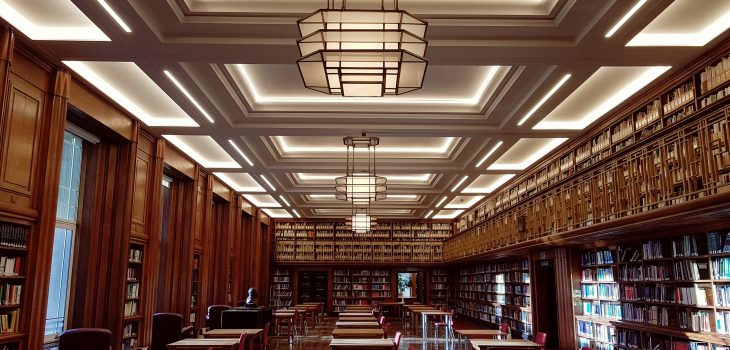The Library uses the Barnard Classification Scheme to organise print resources into subject-related categories. Cyril Barnard was the School’s first professional librarian, and he wrote his A classification for medical and veterinary libraries in 1936, amended in 1955. There was an urgent need to update the scheme so that it met collections-specific requirements, reflected teaching and research priorities of the School, and banished the colonial thinking and knowledge organisation of the 1950s. Revisions included:
- Subject headings and descriptions reviewed and removed/updated as necessary, new subject headings added (classes and tables)
- Decolonised language and descriptions used (esp. removal of racist and sexist terms)
- Updated content of classes so relevant for C21st incl. scientific and medical advances, political and economic developments, sociocultural changes, demographics, technological changes, etc.
- Restored relevance to contemporary research (led by LSHTM research and teaching)
- Hierarchical structures/indentations removed where indicated colonial bias/superiority
- Latinised nomenclature still used, but knowledge of scientific classification no longer assumed (e.g. bacteriology, Class J; virology, Class K)
- Table 2 (geographic subdivision): reflects transition to independent states, esp. decolonisation of Africa, Americas, Asia, Oceania. Note: not only British Empire, but also French Colonial Empire, Dutch, Portuguese, Belgium, Italy, Japan. Removal of indentations which signified power structures. Less weighting to USA and UK locations.
The first draft of the 3rd edition of Barnard’s scheme was completed in August 2020. Decolonising catalogue records and re-classifying the print book collection began in April 2021 and to date 1.7k book classifications have been updated. In May, work began on re-classifying the pamphlet collection. New print book acquisitions are being catalogued in line with the 3rd edition.
As a gatekeeper in the transmission of information, the Library can actively contribute to the decolonisation of practices and processes linked to colonialism:
- Targeted decolonisation of catalogue records
- Increased discoverability and accessibility of subjects and resources in collections
- Greater transparency and inclusivity in cataloguing and classification processes
- Open acknowledgement of Western bias in science and knowledge classifications; need to contextualise resources
- Empowered readers who reflect on resources through a critical decolonial lens
- Provide data (collections content, reading list citations) and support in School’s decolonising activities
- Broadening of collection development







